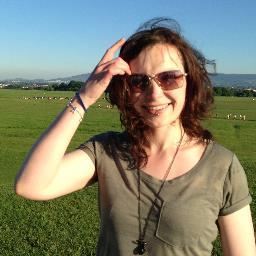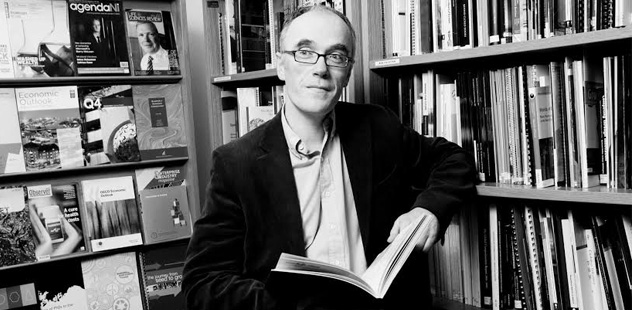Marsh’s Library PG bursary (EUR300)
A bursary awarded by Marsh’s library in Dublin to the value of EUR300 towards conference costs (this may be used to pay for registration, conference dinner, accommodation and / or travel costs). This bursary is awarded to a student currently registered for PhD study and who has a paper accepted for the conference. Please signal when submitting an abstract that you would like to be considered for the Marsh’s Library bursary.
Eighteenth-Century Ireland Society bursaries (conference registration, conference dinner, and EICS membership)
Three ECIS bursaries for a student currently registered for PhD study and who has a paper accepted for the conference. Please signal when submitting an abstract that you would like to be considered for an ECIS PG bursary. These bursaries cover the following costs: conference fee, conference dinner, one year’s membership of the Society (including copies of the Society’s Journal, Eighteenth-Century Ireland Vol. 31 and Vol. 32).
PhD students should apply to present at the ECIS 2019 conference in the usual way and include with their abstract a short statement (maximum 500 words) on why presenting at the conference is important for your research.
A panel comprising three members of the executive committee of the Society will review all applications after the deadline for papers (Monday 29th April 2019) and will notify successful applicants by email on Friday 10 May.
Submission of proposals for papers
Proposals should be submitted by e-mail to Moyra Haslett ([email protected]) before Monday 29 April 2019. Proposals should include: name, institutional affiliation, paper title, and a 250-word abstract. See our annual conference page for full details of the Call for Papers. Prospective speakers will be notified of a decision by Monday 6 May 2019.
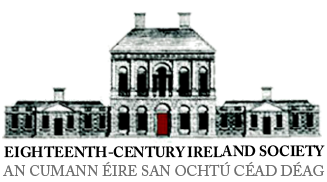
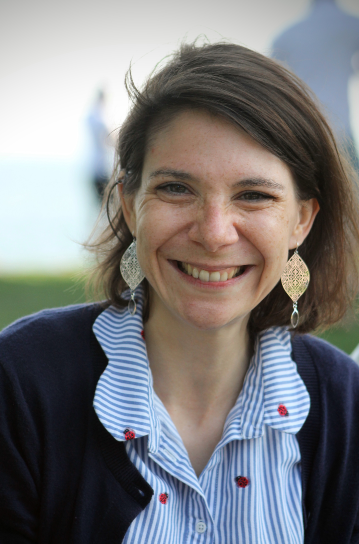
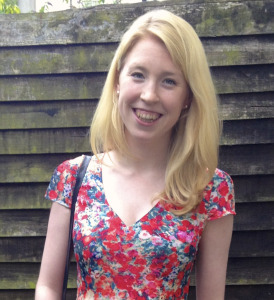

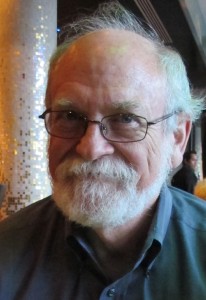 Robert Mahony has been a member of the Eighteenth-Century Ireland Society (intermittently) since 1986. He was Professor of English at the Catholic University of America and is now retired. His research focus is Jonathan Swift.
Robert Mahony has been a member of the Eighteenth-Century Ireland Society (intermittently) since 1986. He was Professor of English at the Catholic University of America and is now retired. His research focus is Jonathan Swift. Patrick Walsh is Reviews Editor of
Patrick Walsh is Reviews Editor of 